Winter Oil Tank Guide
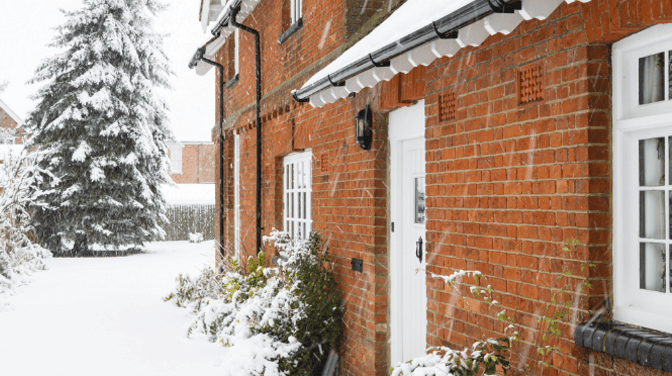
Winter is quickly on its way with colder days and darker nights making an appearance. Now is the time for anyone with a domestic oil tank to plan ahead and prepare for the next few months. Most heating fuel is consumed by households from October to March, so it’s important to not only check you have enough fuel to keep your family and home warm, but that your tank is in the best working condition.
Our winter oil tank guide pulls together the 6 key steps on how to prepare your oil tank for the winter.
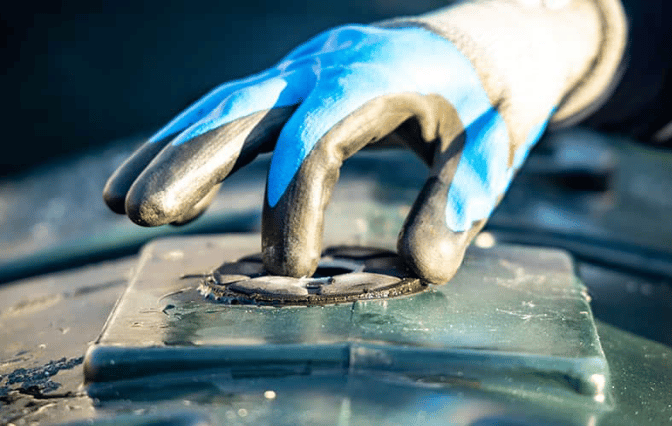
1. Inspect your oil tank
No matter what size or type of tank you have, it should be regularly checked and serviced. Any undetected issues could result in costly repairs, dangerous oil leaks, or serious environmental harm. Drastic changes in weather can have an impact on your tank, so it’s important to look out for the following signs:
- Cracks and splits
- Rust on steel tanks
- Bulging on plastic tanks
- Gauge faults
- Signs of spills
- Weakened bases
2. Repair any issues
Once you’ve inspected your tank, and if you do spot any signs of concern, you should address them sooner rather than later. Cracks and splits not only allow oil to leak out but potentially allow water to seep in, contaminating your oil. Bulging can also lead to faulty tanks if not dealt with. To resolve these issues, contact Oil Tanks Plus who can help you repair or replace your tank to be ready for winter.
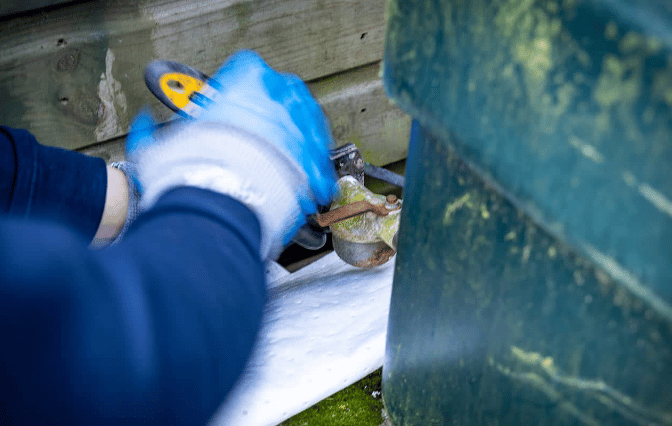
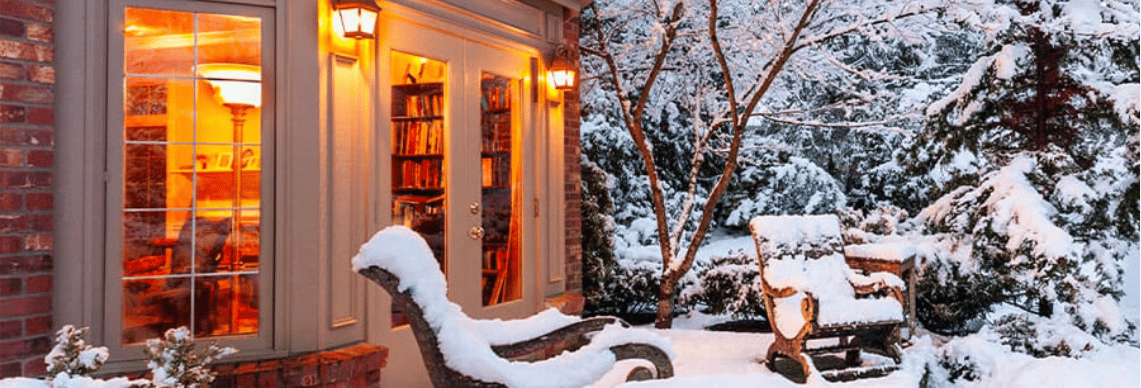
3. Watch the weather
Unexpected strong storms, gusty winds or heavy snowfall can all impact the condition of your oil tank. Large branches or even furniture that has moved during storms could potentially hit and damage your tank, so be mindful of where your oil tank is located. You should also clear any piles of snow which could melt and seep into the tank, contaminating your oil. Our blog on how to prevent water from contaminating your oil can help.
4. Check your oil
Before the weather turns, take the time to go and check the condition and level of your oil. Water is heavier than oil and can go undetected. If left alone, it’ll contaminate your heating fuel and damage your heating appliances. By spotting this early you can get it resolved and book an oil delivery to top up your tank.
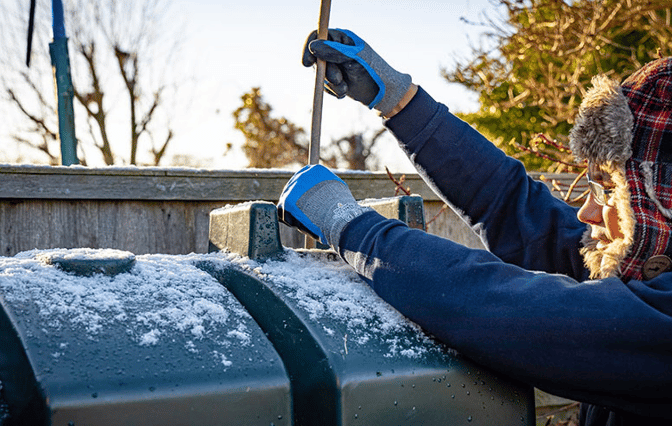
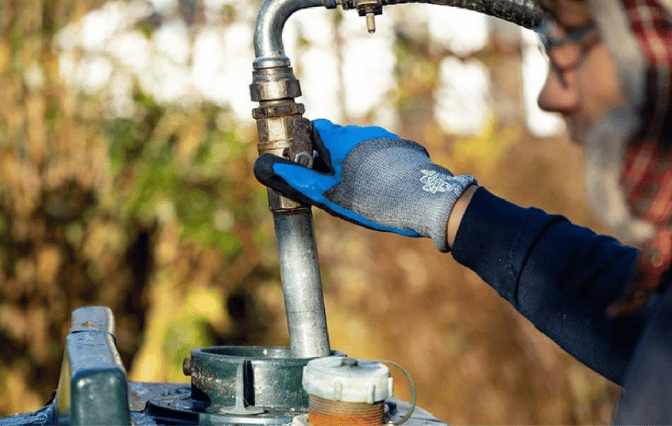
5. Get your boiler serviced
Another way to check your tank and appliances are ready for the winter is by arranging for a qualified heating technician to service your boiler and oil tank. They’ll check the condition of both and ensure they’re functioning effectively and safely. This’ll reduce the chances of a breakdown during winter and give you time to fix any repairs if needed.
6. Protect your tank
Oil theft is a big concern within the UK and as winter moves closer, thieves know domestic tanks will be full. You can use lids and padlocks to help keep your fuel safe but you could also look at switching to a bunded oil tank, which has a second layer to not only help protect against potential fires but also adds another layer to your security.
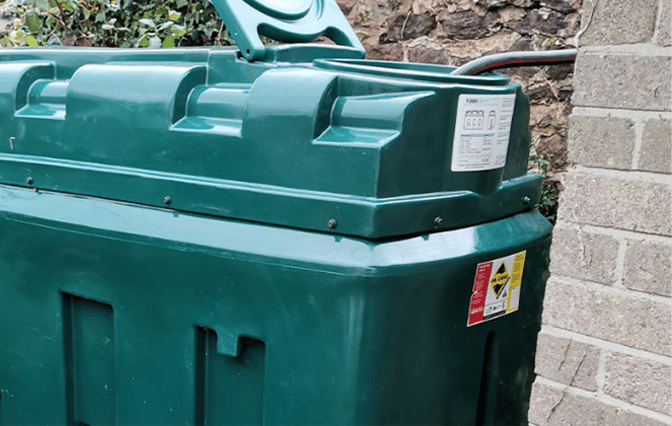
How Oil Tanks Plus can help
If you’ve spotted any issues with your oil tank, need a replacement oil tank or are unsure what to look out for, our team of experts can help you prepare for the colder months ahead and help maintain your oil tank. Get in touch today.
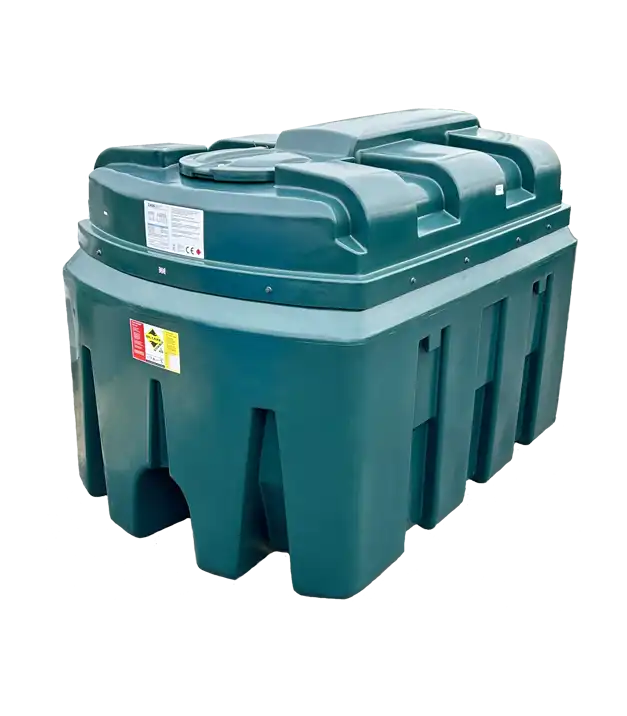
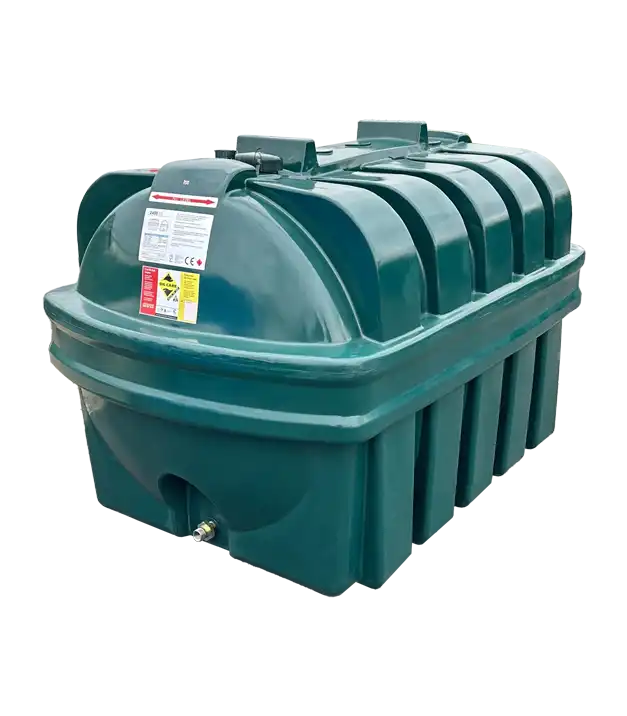

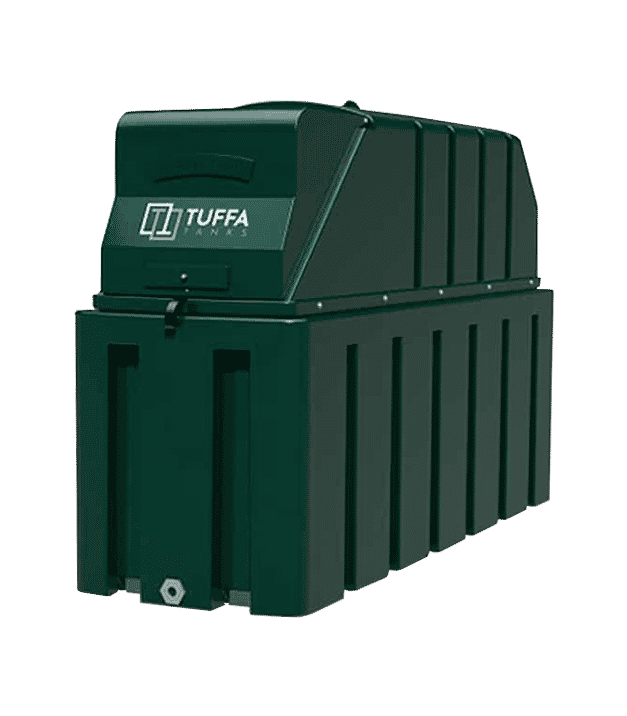
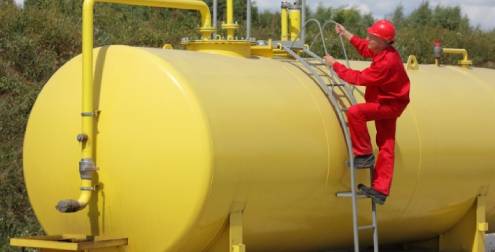
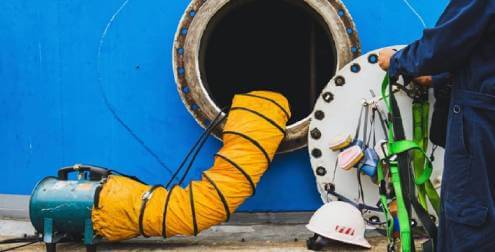

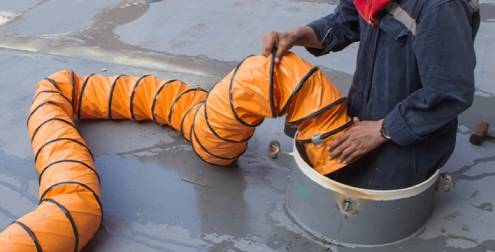
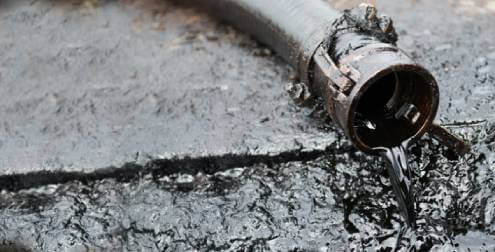
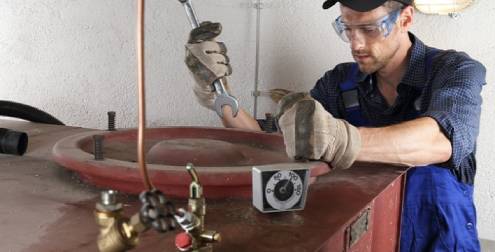

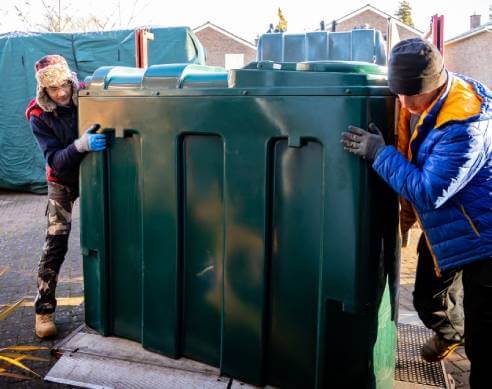
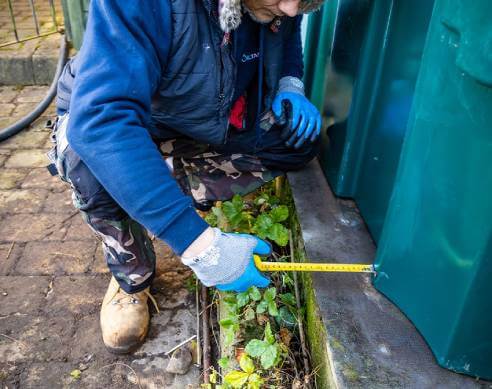


Share This: